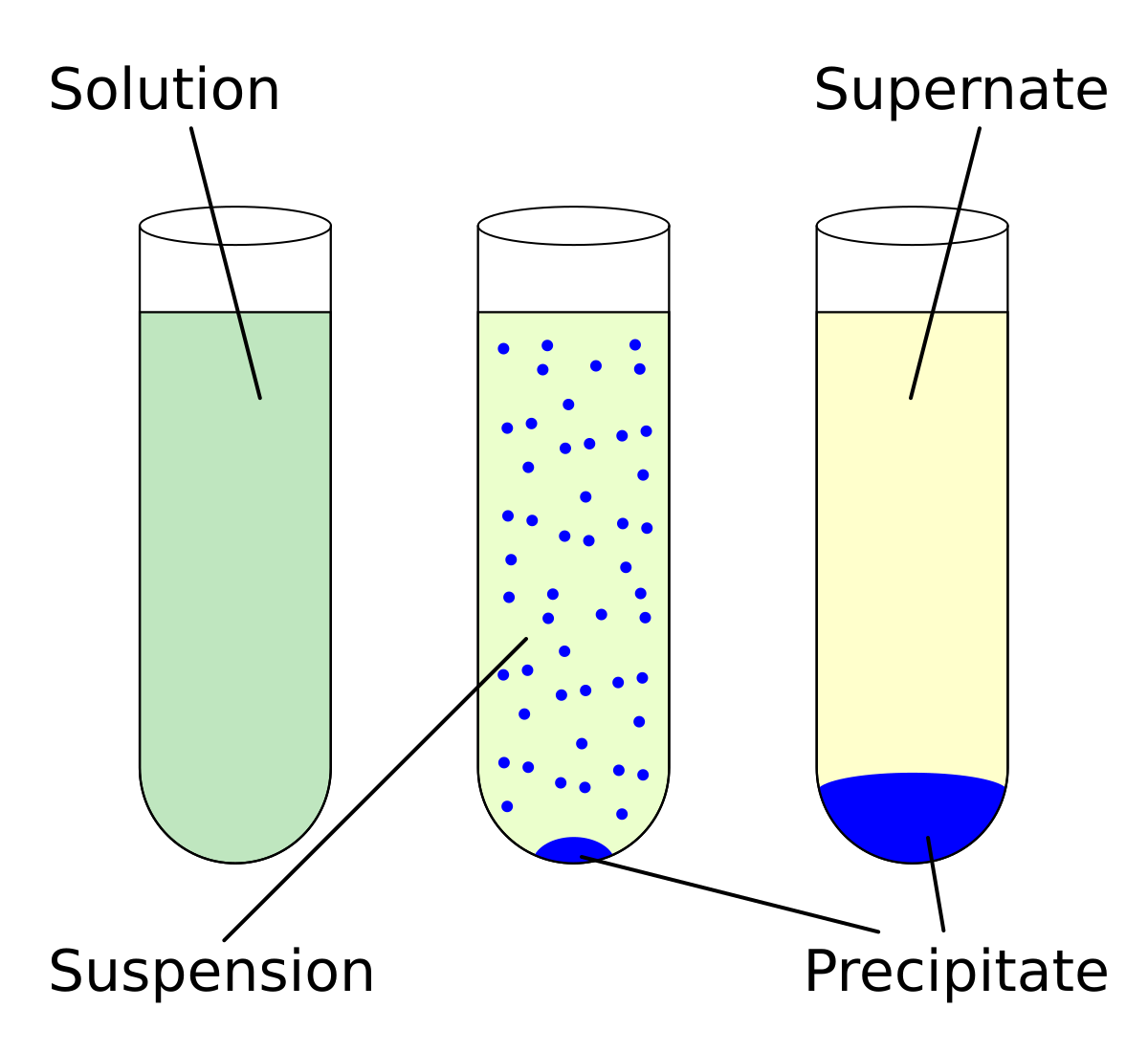acespicoli
Well-known member
Soil bacteria considered necessary for healthy plant growth are called

Figure 1. The sophisticated and efficient network of functional interactions created by PGPR to support plants’ health and performances in response to adverse environmental conditions and abiotic stresses. Abbreviations: EPS (exopolysaccarides); ABA (abscisic acid); IAA (indol2-3-acetic acid); HCN (hydrogen cyanide); VOCs (volatile organic compounds); ACC (1-aminocyclopropane-1-carboxylic acid).
Appl. Sci. 2022, 12(3), 1231; https://doi.org/10.3390/app12031231
Keywords:
phytoremediation; rhizosphere; plant-microbe interaction; metal uptake; hydrocarbon rhizodegradation; marginal soils; drought; salinity
"Plant Growth-Promoting Rhizobacteria (PGPR)"
which primarily function by fixing atmospheric nitrogen into a usable form for plants, producing plant hormones, and making nutrients locked in the soil more accessible to roots, thus promoting overall plant health and growth.
Key points about beneficial soil bacteria:
Examples of beneficial soil bacteria:
Very interesting topic
Figure 1. The sophisticated and efficient network of functional interactions created by PGPR to support plants’ health and performances in response to adverse environmental conditions and abiotic stresses. Abbreviations: EPS (exopolysaccarides); ABA (abscisic acid); IAA (indol2-3-acetic acid); HCN (hydrogen cyanide); VOCs (volatile organic compounds); ACC (1-aminocyclopropane-1-carboxylic acid).
Appl. Sci. 2022, 12(3), 1231; https://doi.org/10.3390/app12031231
Keywords:
phytoremediation; rhizosphere; plant-microbe interaction; metal uptake; hydrocarbon rhizodegradation; marginal soils; drought; salinity
"Plant Growth-Promoting Rhizobacteria (PGPR)"
which primarily function by fixing atmospheric nitrogen into a usable form for plants, producing plant hormones, and making nutrients locked in the soil more accessible to roots, thus promoting overall plant health and growth.
Key points about beneficial soil bacteria:
- Nitrogen fixation:
Bacteria like Rhizobium and Bradyrhizobium form symbiotic relationships with legumes, converting atmospheric nitrogen into a form plants can utilize, reducing the need for nitrogen fertilizers.
- Nutrient solubilization:
Certain bacteria can break down complex mineral compounds in the soil, making nutrients like phosphorus more readily available to plants.
- Phytohormone production:
Some bacteria produce plant hormones like auxins and cytokinins which can stimulate root development, cell division, and shoot growth.
- Disease suppression:
Beneficial bacteria can sometimes inhibit the growth of harmful pathogens in the soil, protecting plant roots from disease.
Examples of beneficial soil bacteria:
- Rhizobium:Primarily involved in nitrogen fixation with legumes
- Bradyrhizobium:Another nitrogen-fixing bacteria associated with legumes
- Pseudomonas:Can solubilize phosphorus and produce plant growth hormones
- Azospirillum:Nitrogen fixing bacteria that can colonize plant roots
- Bacillus: Produces various beneficial compounds including antibiotics and exopolysaccharides
Very interesting topic







